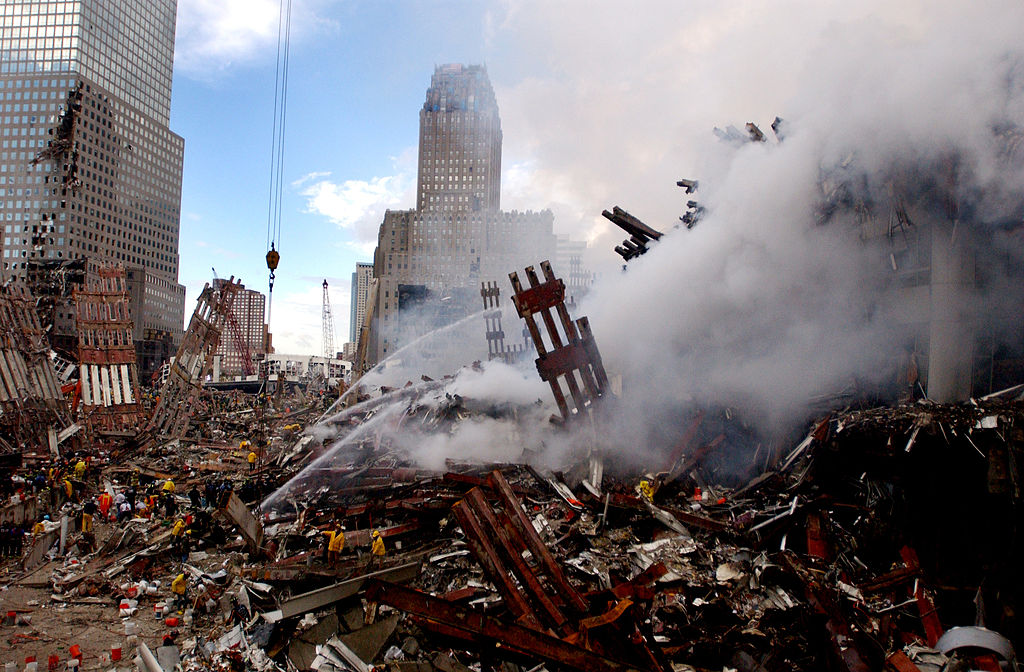The dust from the World Trade Center’s destruction, a cocktail of dangerous chemicals, devastated the lungs of many first-responders. It instigated cancers, as well as other deadly diseases, in thousands.
Research suggests WTC dust may also be affecting their brains
Out of 818 first-responders enrolled in the Federal World Trade Center Health Program about 1 in 8 had cognitive impairment (CI), according to a Stony Brook University study. CI is a major risk- factor for multiple types of dementia, particularly Alzheimer’s disease.
The high rates of post-traumatic stress disorder among 9/11 responders is believed to be triggering the impairment. The authors of the study found that those who had flashbacks or nightmares about the tragedy were especially likely to show symptoms.
Sean A. Clouston, Assistant Professor in the Public Health Department and lead author on the study, stated this was the first study of its kind to examine the relationship of PTSD and major depressive disorder (MDD) with cognitive issues, particularly with World Trade Center responders without head trauma.
Call Us Toll-Free at 1-800-LAW-5432 for a Free Case Review
Researchers administered a short test known as the Montreal Cognitive Assessment (MoCA) to responders attending Stony Brook clinics under the WTC Health Program between January 2014 and April 2015. The MoCA tested their concentration, reasoning, memory, and problem-solving. Psychologists also screened the responders for PTSD and MDD.
Average participants were only 53 years old, but nearly 13 percent of them showed signs of CI linked with PTSD and depression. About 1 percent had scores suggesting that they already had dementia. Sleep problems have also been linked to cognitive decline and dementia.
The authors stated that, given the responders’ ages and educational and occupational histories, they did not expect such high rates of CI. Researchers noted that if all 33,000 responders registered with the WTC Health Program showed the same rates of CI, then between 3,740 and 5,300 people might be showing the decline and between 240 and 810 might have dementia. Mr. Clouston called for more research into the re-experiencing of traumatic memories.
“The results only support the wisdom of the passage of the Zadroga legislation, which provides continued monitoring and treatment of diseases caused by these exposures,” said co-author Dr. Benjamin J. Luft, Director of the Stony Brook WTC Wellness Program. “This study indicates that the effects of the exposure to the World Trade Center attacks on the responders may be more pervasive and insidious than originally thought.”
To review a potential case for yourself, a friend or family member, please request a free consultation and claim evaluation.


